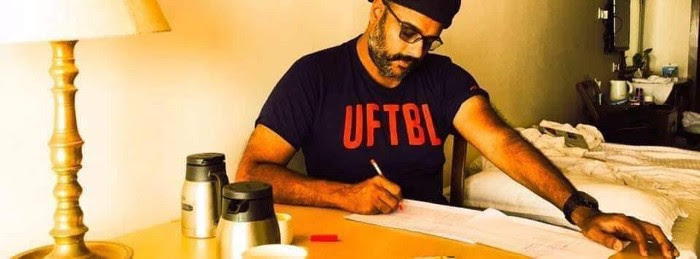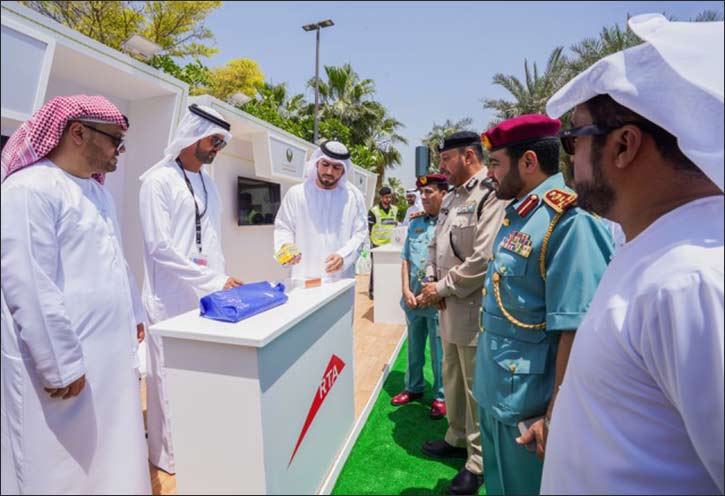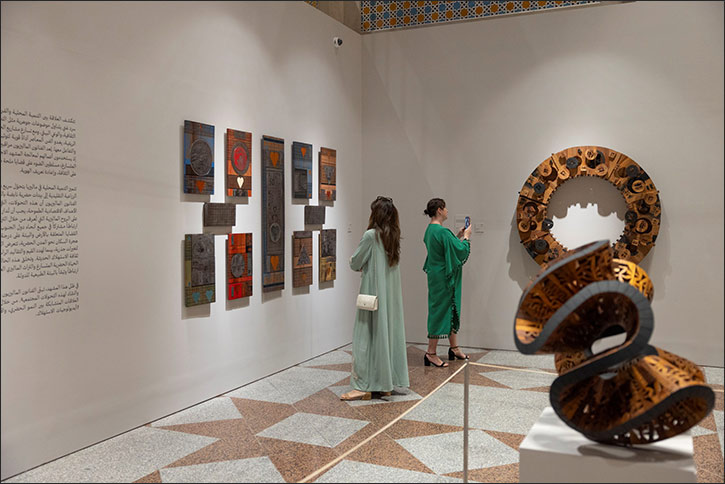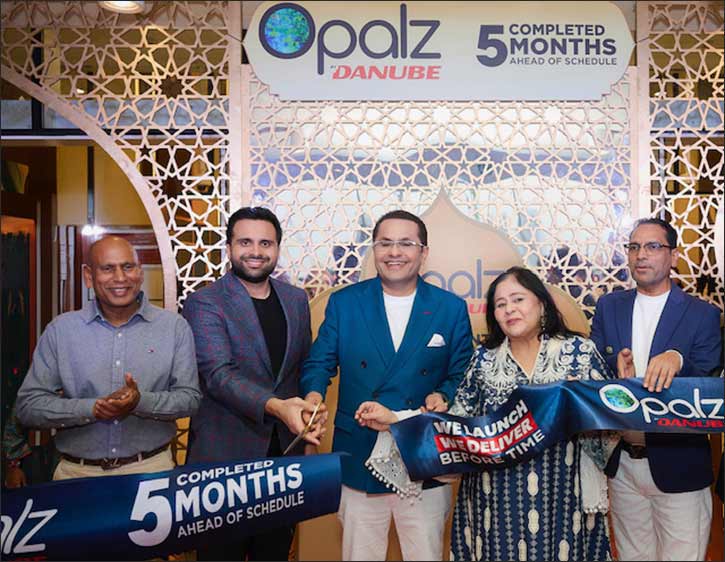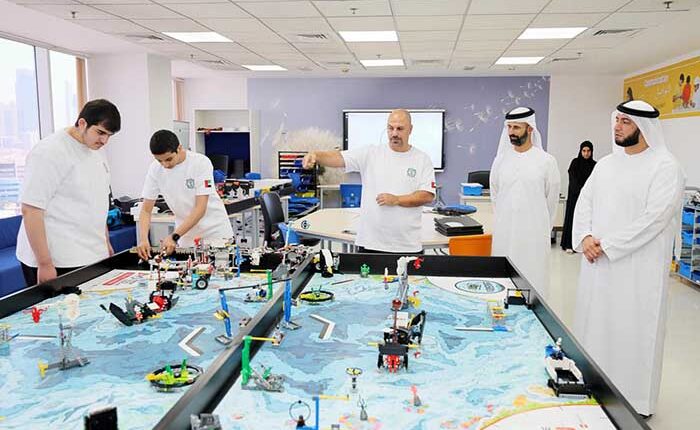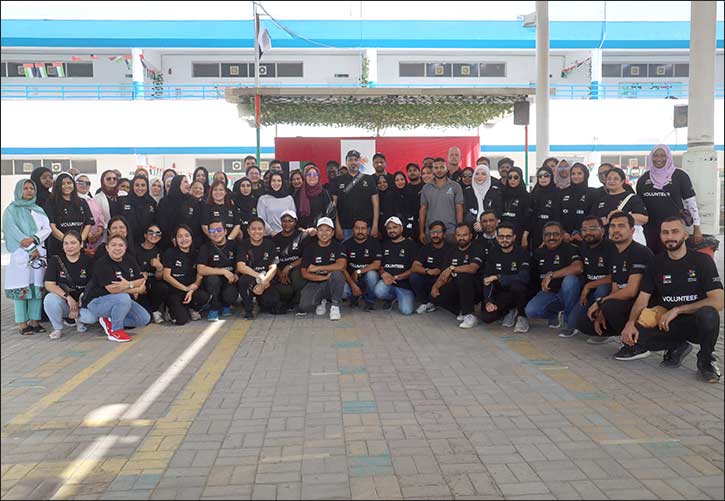Courtesy: Murali Gopy FB Page
When Murali Gopy, actor and scenarist of the superhit films Left Right Left, Ee Adutha Kaalathu and Lucifer, wrote his first short story in 1991, he had a single cause and reader in mind: To bring a smile on his father, the legendary actor Bharath Gopy, who was going through the pain of a paralytic stroke.
Then, 19 years old, Murali, who was a UAE resident earlier, hit upon an unexpected bonanza other than his first remuneration of Rs150. His story, titled Ayurrekha, earned a whole section for itself in the most-followed literary review of the time then, M Krishnan Nair’s Sahithya Varabhalam. Known to rip mediocre writing to pieces, Krishnan Nair applauded the ‘new style in writing’ of the debutant.
“But I had already got my biggest award,” says Murali. It was pat on his shoulder by his father and a nod of appreciation for his style. “That was the most that my father would do but it meant the world for me.”
Now after a reading of, Murali Gopyude Kathakal, here is what he had to share — about the art of writing. The book has 18 stories — all published works — from Murali’s oeuvre of some 22 stories, casting definitive impressions on life and living, as experienced by him as a writer, commentator and person.
Arguably, it serves as a documentation of intense moments and situations from his life — be it separation, expatriation (Murali was a Dubai resident for nearly three years) or a very personal sense of alienation.
As he says, “every situation leaves a colour on the mind’s litmus paper that must find expression. For me, it is through the written word.”
Murali calls his works a ‘cosmic mix’ with subjective and objective elements. “No two stories are similar in content, structure or style,” and if you would want to draw a common thread, it would be Murali’s abiding “love for the sound of language.”
Murali says he used to feel an “extreme romance towards language. I would read aloud fiction, enjoying the modulations. I do not know if others feel the same. And when I started writing, the flow of words, that sounds of language that I so enjoyed while reading, seemed to come about naturally.”
The appreciation he got for his very first story from serious readers, and, above all, his father gave him the fillip to write on.
“Somewhere along the process of writing, I realised that it is a purging act, a sort of personal catharsis, and writing eventually became my profession,” says Murali.
Murali believes that the situations any one faces if life, in its totality or in part, are far mightier than the individual him/herself.
“To overcome these situations, everyone seeks their own way of purging. For some, it could be picking up the garden spade and working on the farm. For me, it is writing. I stumbled upon that realisation and continued to write.”
To this day, even if it means working on a script, Murali writes only when he feels the push of the pen. “I write because I have to; it has a medicinal and meditational effect on me.”
He says that every story is also a learning experience for him. “It has a documenting effect, almost like a sigh, or a deep breath, in your existence.”
Despite having been a journalist with a leading English daily, and notwithstanding his love for English literature and non-fiction, he chose to write in Malayalam because of his affinity for what he calls “native thoughts that could only be best expressed in Malayalam.”
Writing at any time, at any place, based on the ‘inspiration level,’ Murali says he almost always gets the creative flow with the first cut when it comes to short stories.
“Short stories are spontaneous. There is only you and your pen, and you go on a wild horse ride, where nothing else matters. With scripts, there are several other factors including having to convince your vision to others.”
Murali, of late, tends to write stories of much shorter length, those with bullet-like precision, which he calls affectionately as ‘tot stories,’ a phrase he coined. His own literary inspirations are SK Pottekkatt, P Padmarajan, William Darlymple and Bill Bryson.
He says there is no dichotomy or conflict in his roles as an actor or writer. “When you write, you act with ink on paper, and when you act, you write with your face, your body.”
With a diversity of landscapes, captivating human portraits and compelling insights, Murali’s stories do not conform to any genre. He would simply call it the ‘Murali Gopy genre.’ One that in many ways also defines the man.
